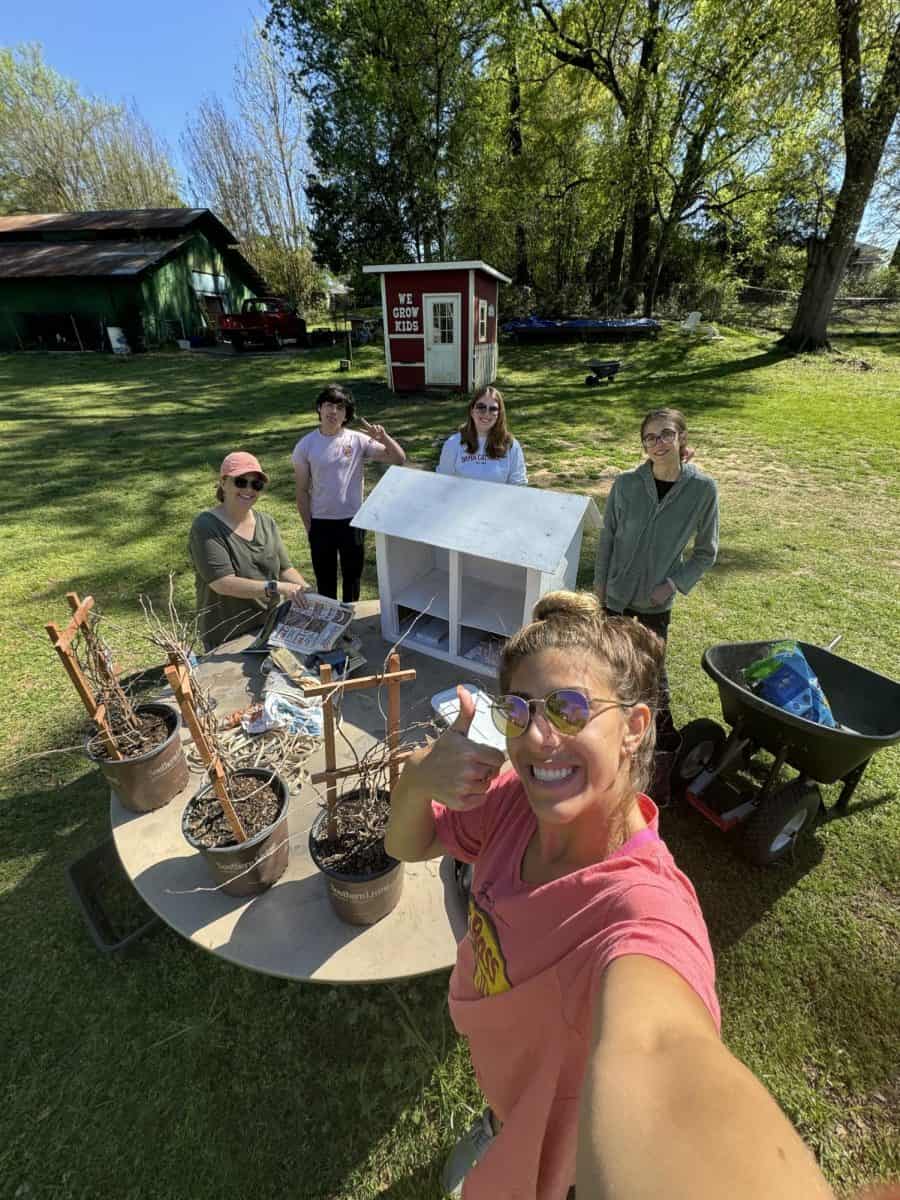Many people know the importance of exercise in maintaining a healthy, fit body, but not nearly as many people know the importance of cognitive exercise in developing and maintaining an alert, healthy mind.
Lumosity.com, a popular online brain training program developed by neuroscientists, is based on in-depth research of neuroplasticity, or the brain’s ability to change itself by forming new neural connections throughout life. The human brain is constantly rewiring itself and creating new neural pathways with each new experience or novel thought.
Philip Gable is a professor of cognitive neuroscience and introduction to psychology class at The University of Alabama. He explains how repetition of cognitive training exercises can help to strengthen certain areas of the brain based on previous discoveries regarding professional violin players.
“What’s been found is that professional string players have a larger area of the brain that controls the left hand because it is repetitively used in controlling minute details,” Gable said. “Based on that info, you would be able to guess that the more those tasks use certain parts of the brain, the stronger they get.”
(See also “Addicted to A’s: competition and stress push students to prescription drugs”)
Over 35 million people use the exercises provided on Lumosity.com, and according to The New York Times article “The Brain Trainers,” over one quarter of the program’s current audience consists of students between the ages of 11 and 21.
The training activities used by Lumosity were originally used to test mental abilities but were repurposed to be used as cognitive training exercises that become more difficult as the user’s abilities increase. These brain exercises are tailored to each subscriber and their individual goals for cognitive development. Students may choose which abilities they want to improve on, such as memory, attention, problem solving, etc., and the program provides them with activities targeted to each area. Students can see their scores for each activity and can continue to work on areas in which they score poorly.
K.D. Bridges, a senior majoring in communication studies, has firsthand experience using Lumosity.com and has directly benefited from the program’s broad range of tailored exercises.
“I think they’re really effective. I have problems remembering where I place things like my phone all of the time. It really has helped a lot,” Bridges said. “I play the spatial memory games, and you can see what your scores are so that you can work more on those areas and get faster.”
Lumosity’s Education Access Program was created in 2009 to test the effects of cognitive training on students. According to findings from LEAP, students in the program showed significant improvements in processing speed and problem solving, and the students that played more than 150 games throughout the course of the program improved twice as much as students who played fewer games.
Many students like Stephen Kircus, a sophomore majoring in biology, said cognitive training can be very valuable to teens and college students with young, developing minds.
“I think the training can be very effective,” Kircus said. “I think it helps you to better recall information and react faster. It helps to create those pathways in your brain that allow you to better process more information.”
Gable said he agrees that the impact of cognitive training varies by age, and the exercises will have a greater effect on younger people because the brain of a younger person changes faster than that of an older person.
“The training would have a bigger impact on the younger people over the older because there is more plasticity among the younger people,” Gable said. “For example, kids who have strokes and lose functioning in a part of the brain are much more likely to regain functioning than older folks because the brain is still growing, and that facilitates change.”
With the popularity of cognitive training programs on the rise, students and teachers are beginning to place greater emphasis on exercising your brain and enhancing cognitive performance and abilities. As more of these programs are becoming available, individuals are realizing the importance of mental exercise and stimulation in developing and maintaining a healthy mind at all ages.
Leading in today’s Crimson White:
Nashville-based band set to perform at Green Bar






